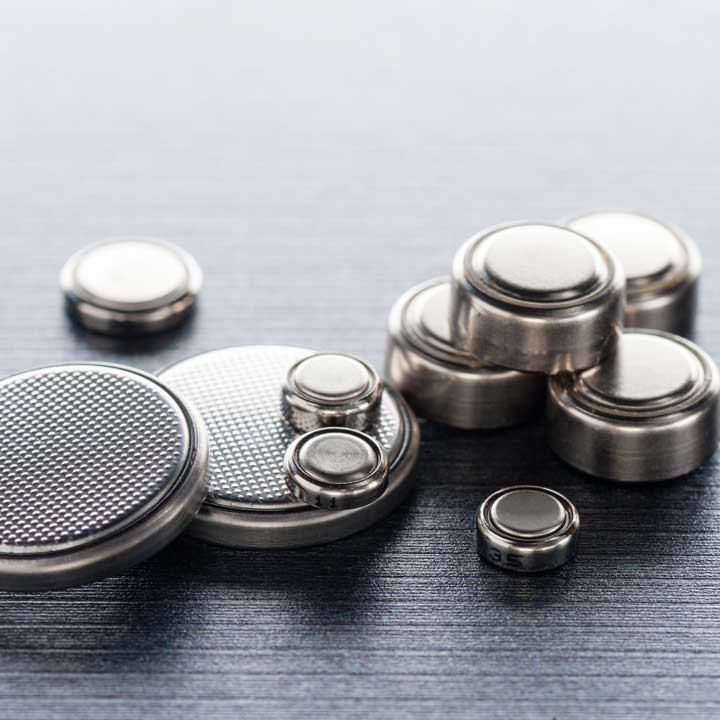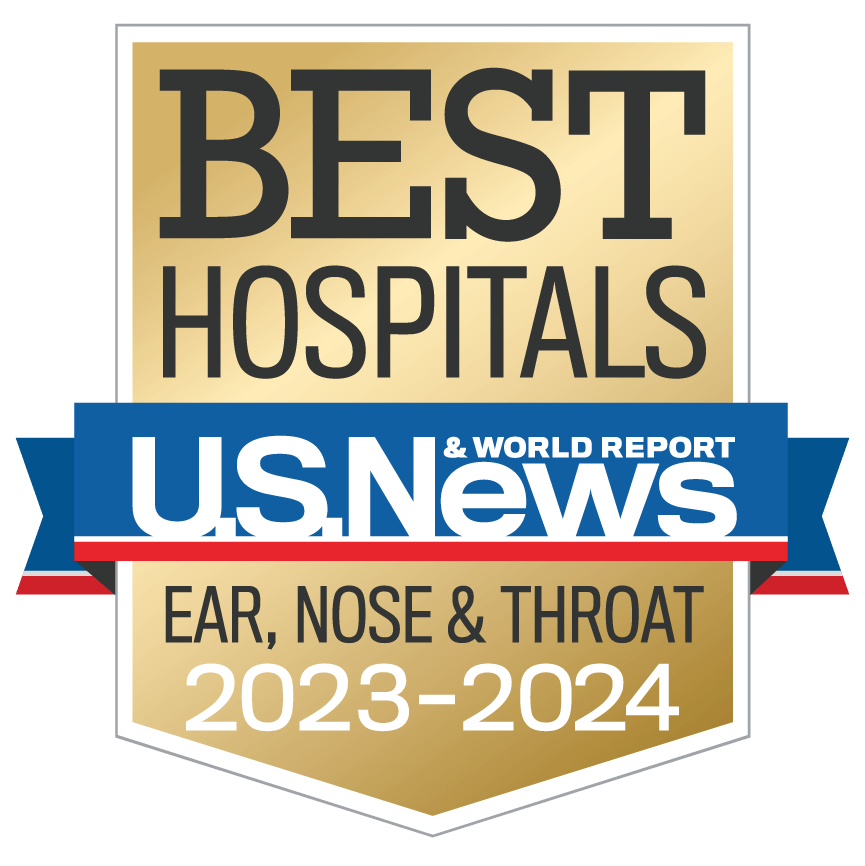 In the fall of 2020, 16-month-old Reese Hamsmith swallowed a button battery. But no one saw her do it. When she developed cold-like symptoms, her family took her to a doctor, who prescribed medication for a suspected respiratory infection and sent her home.
In the fall of 2020, 16-month-old Reese Hamsmith swallowed a button battery. But no one saw her do it. When she developed cold-like symptoms, her family took her to a doctor, who prescribed medication for a suspected respiratory infection and sent her home.
Reese’s family realized shortly after that a button battery was missing from their Texas home and learned Reese’s symptoms matched those of button battery ingestion. They rushed her to the emergency department, and X-rays confirmed a battery was lodged in her esophagus, burning a hole.
For weeks, Reese remained hospitalized and underwent multiple surgeries. But sadly, in mid-December that year, Reese passed away.
Reese’s mom, Trista, was determined to prevent other families from going through a similar experience. So she set out to change things. With the help of Kris Jatana, MD, FAAP, FACS, clinical professor of Otolaryngology – Head and Neck Surgery at The Ohio State University College of Medicine and Nationwide Children’s Hospital, she did. In August 2022, President Biden signed Reese’s Law, bipartisan legislation that regulates button batteries and strengthens product safety standards.
The law requires:
- Child-resistant button battery compartments on products that use the batteries
- Product warning labels
- Safer packaging for button batteries
In addition to directly providing button battery hazard information to members of U.S. Congress, Dr. Jatana was sought out as an expert consultant to the Australian Competition & Consumer Commission, which went on to pass similar product safety regulation in Australia.
Long-term commitment
For Dr. Jatana, the passage of Reese’s Law marked the culmination of a 12-year effort to expose the dangers of ingested button batteries nationally and internationally and advocate for both industry and regulatory changes.
It was while completing his pediatric otolaryngology fellowship in Chicago that he encountered his first severe button battery ingestion, one of many he’s seen in the years that have followed. An otherwise healthy 2-year-old child had swallowed a battery and developed bilateral vocal cord paralysis requiring tracheostomy tube placement.
It was a devastating injury and tragic for all involved because it didn’t have to happen.
“I knew it was something that was preventable,” Dr. Jatana says. From then on, he’s worked to get several national safeguards in place.
In 2011, he was invited to address the U.S. Consumer Product Safety Commission to raise awareness of battery-related injuries in children. That led to the Button Battery Safety Act of 2011 that, unfortunately, didn’t gain traction in Congress at that time.
But Dr. Jatana went on to co-chair the National Button Battery Task Force in 2012, a position he’s held ever since. In 2016, he was awarded the highly competitive Outstanding Service in Advocacy Award by the American Academy of Pediatrics. Dr. Jatana also led considerable research that’s raised awareness of the risks and helped establish clinical practice guidelines to slow the rate of esophageal injury both before and after button battery ingestion — guidelines all otolaryngologists should be familiar with.
Understanding the problem
A study published in Pediatrics in September 2022, which Dr. Jatana co-authored, estimated that 7,000 battery-related pediatric emergency department visits occurred in the United States each year from 2010 to 2019.
The numbers more than doubled compared to those estimated in a previous study looking at data from 1990 through 2009. According to Dr. Jatana, accurate reporting of these incidents has been lacking.
“Nearly 85% of the visits were button battery-related, and an overwhelming majority of the injuries were in children younger than 6,” Dr. Jatana says.
He expects Reese’s Law to save lives. But there’s still more work to do to bring these injuries to zero, which is the goal.
“It may not be perfect because we’re not addressing the actual hazard itself,” Dr. Jatana says. “It is absolutely important to reduce access to the battery; however, ultimately, what we need is a safer battery technology that does not cause severe injury in the esophagus.”
Teamwork
Dr. Jatana was part of a dedicated team that made Reese’s Law happen, and his efforts to further reduce these types of ingestion injuries and improve patient care for children around the world will continue.
Among other projects he’s helped spearhead are:
- The Global Injury Research Collaborative, a nonprofit created to gather de-identified data from medical professionals pertaining to ingestion and choking hazards and support injury prevention research through a smartphone app.
- A novel noninvasive, radiation-free metal detector technology to screen for coins and button batteries in the esophagus that’s been developed as a collaboration between Nationwide Children’s Hospital and Ohio State.
Going the extra mile
Charles Elmaraghy, MD, FAAP, FACS, director of the Department of Pediatric Otolaryngology at Nationwide Children’s Hospital and clinical professor in the Department of Otolaryngology – Head and Neck Surgery at the Ohio State College of Medicine, says Dr. Jatana’s efforts demonstrate how doctors at Nationwide Children’s Hospital advocate for children’s safety and innovation in patient care.
Based on Dr. Jatana’s work, the hospital has implemented protocols to ensure children who ingest button batteries get the rapid care they need to limit severe injury and potentially save their life. But according to Dr. Elmaraghy, Dr. Jatana recognized that the real solution is to prevent kids from swallowing the batteries in the first place.
“We’ve always prided ourselves on the fact that there’s really no limit to what we’ll do for our patients, both at Nationwide Children’s and Ohio State,” Dr. Elmaraghy says. “This is a great example of that.”

2024 Year in Review
See how Ohio State is shaping the field of Otolaryngology – Head and Neck Surgery.

